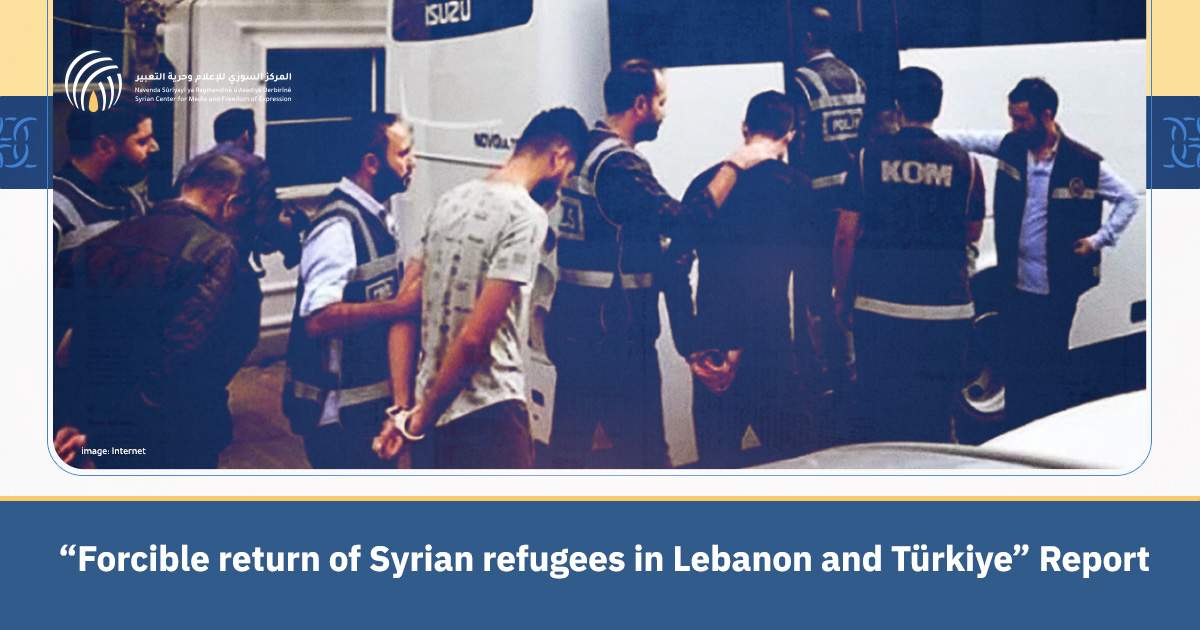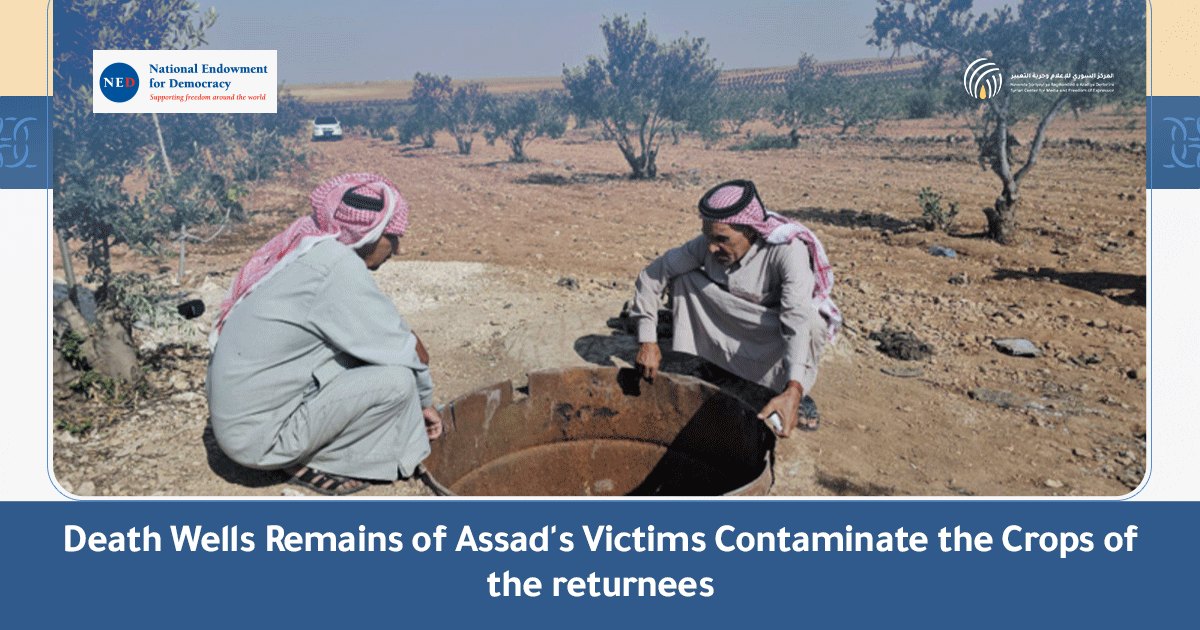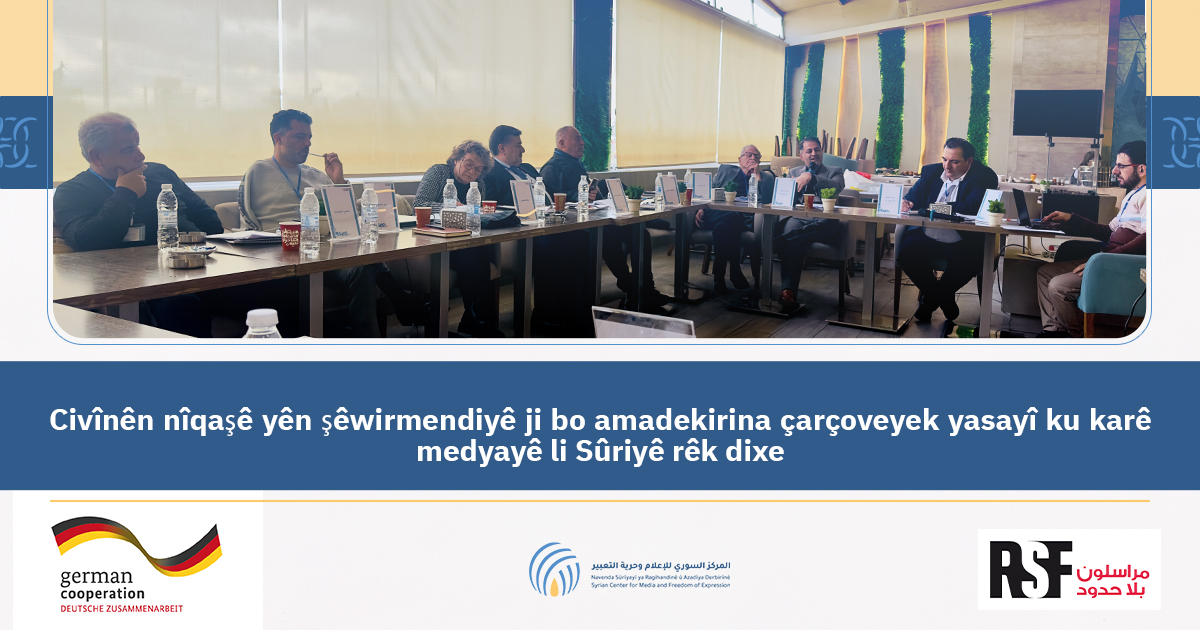This report addresses the protection of Syrian refugees in Lebanon and Türkiye against forcible return, in law and in practice, and the extent to which these countries legal frameworks and observed practices are compatible with their international obligations. To this effect, the report explains the principle of non-refoulement in light of international treaties and comparative case law, its place in the Refugee Convention and in customary international law, the beneficiaries of this principle and the scope of the provided protection. It also addresses the status of disguised voluntary return within the definition of “refoulement.”
Despite their special status regarding the Refugee Convention, the report clarifies the binding nature of the non-refoulement for these two countries, Türkiye and Lebanon. This obligation follows, not only from customary law, but also from their contractual obligations under a number of other instruments. The report also notes the shortcomings of the legal frameworks that were originally developed by Türkiye and Lebanon to regulate the status of refugees, and observes their actual practices towards them. In this context, the report shows how these legal frameworks and actual practices violate the two countries’ international obligations as well as their domestic legal systems. Finally, the report presents the conditions and standards for the safe return of Syrian refugees as set out by the United Nations High Commissioner for Refugees, before concluding with a number of recommendations.
To read the full report, view the PDF file below:





